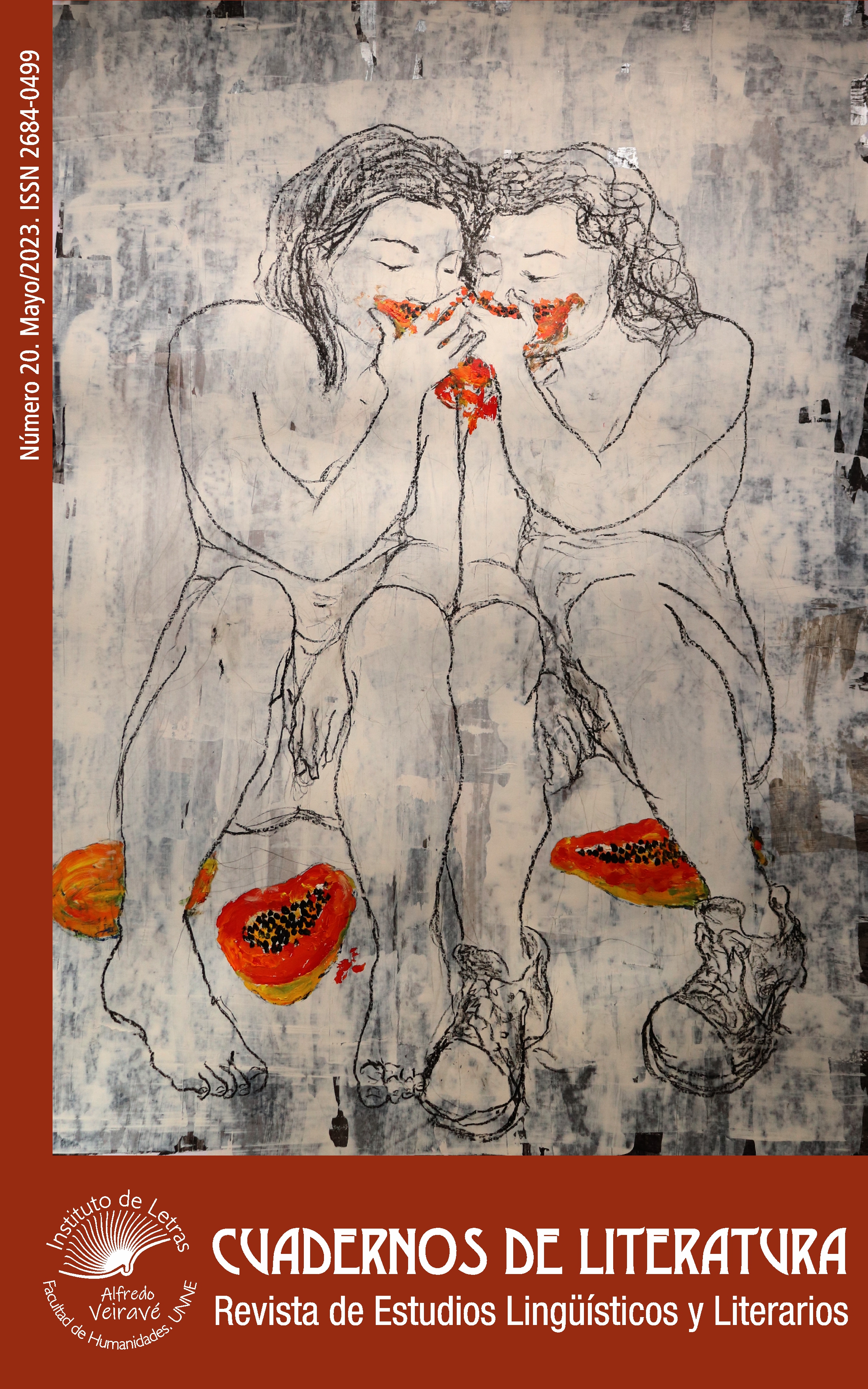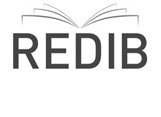Embodying lyric poetry. An itinerary of the poetic voice, Orpheus and his (en)chanting.
DOI:
https://doi.org/10.30972/clt.0206636Keywords:
myth of Orpheus, lyric poetry, poetic voice and song, poetic word and deathAbstract
The origins, forms, powers and functions of lyric poetry have been the subject of many different types of inquiries and proposals, which also attend to the particular points of view and theoretical and methodological choices from which they start. In our case, we are interested in tracing a possible or, at least, probable itinerary that allows us to recover and update the foundational time, and to attempt a reading that brings the myth of Orpheus into contact with some of the characteristics that define the unique performance of lyric poetry. They are intrinsically sonorous or musical aspects of language, the singing embodied in the substance of the human voice, the articulation of poetic language as an enunciation and a melancholic formation of another language linked to the primordial aspects of life, poetry as the craft with which death is hunted and simultaneously postponed; all this to account for those deeply human qualities that are announced and/or pronounced in that lyric horizon.Downloads
Published
2023-05-31
How to Cite
Zambrano, Álvaro F. (2023). Embodying lyric poetry. An itinerary of the poetic voice, Orpheus and his (en)chanting. Cuadernos De Literatura, (20), e2016. https://doi.org/10.30972/clt.0206636
Issue
Section
Ensayos









52.jpg)









